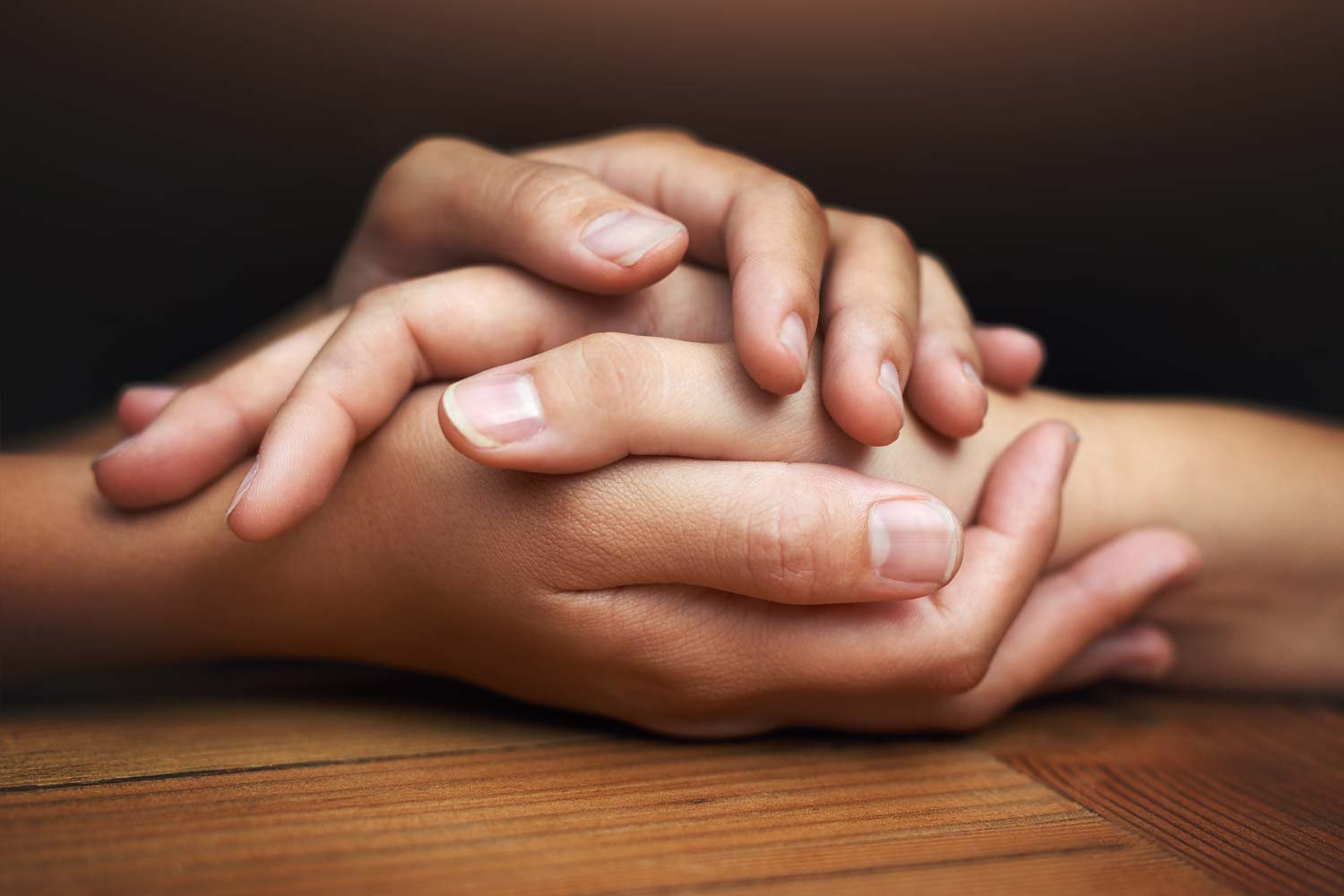
Bystanders

Supporting Someone in an Abusive Situation
If you suspect someone you know is in an abusive relationship, your actions as a bystander can make a significant difference. It’s not always easy to know how to help, but your instincts and compassion are key to providing support. Steps to Hope is here to help you navigate this sensitive situation with care and understanding. By recognizing the signs of abuse, offering nonjudgmental support, and approaching the situation with patience, you can be an essential ally to someone in need. Together, we can create a safer and more supportive community.

Are You Seeing Abusive Behavior? Trust Your Gut!
It’s not uncommon to feel like something is wrong but second-guess your instincts. If you notice behaviors such as extreme jealousy, constant criticism, unexplained injuries, or isolation from friends and family, trust your gut. These could be signs of an abusive relationship. Sometimes abuse isn’t physical—it can also be emotional, financial, or psychological. If something doesn’t feel right, it’s important to pay attention. You don’t need to have all the answers, but acknowledging the situation and being willing to help is a powerful first step.

Listen Without Judgment
When someone opens up to you about an abusive relationship, your response matters. Listen with empathy and without interrupting. Avoid questions or comments that could come across as blaming, like Why don’t you just leave? Instead, validate their feelings and let them know you believe them. By providing a safe and judgment-free space, you’re showing them that they’re not alone. Your role is not to fix the problem but to support them in finding their path to safety and healing.

Don’t Speak Badly About the Abusive Partner
It may feel natural to express anger or frustration toward the abusive partner, but doing so can sometimes make it harder for the victim to open up. They may still have conflicting feelings or fear judgment, and negative comments could cause them to pull away. Instead, focus on their feelings and experiences. Reassure them that they deserve to feel safe and respected in their relationship without placing emphasis on the abusive partner’s behavior.

Remember, They Have to Be “In a Place to Hear You”
As much as you may want to help someone leave an abusive situation, they must be ready to make that decision for themselves. Pressuring them to take action before they’re ready can backfire. Be patient and understanding. It could take a while for various reasons. Let them know you’re there for them whenever they need you. Change can take time, and your steady support can give them the strength and confidence to take the next step when they’re ready.
If you feel unsure about how to help or need additional resources, Steps to Hope is here for you. Call us at 828-894-2340 for confidential guidance and support. Together, we can provide hope and help create a path toward safety and healing for those who need it most.



